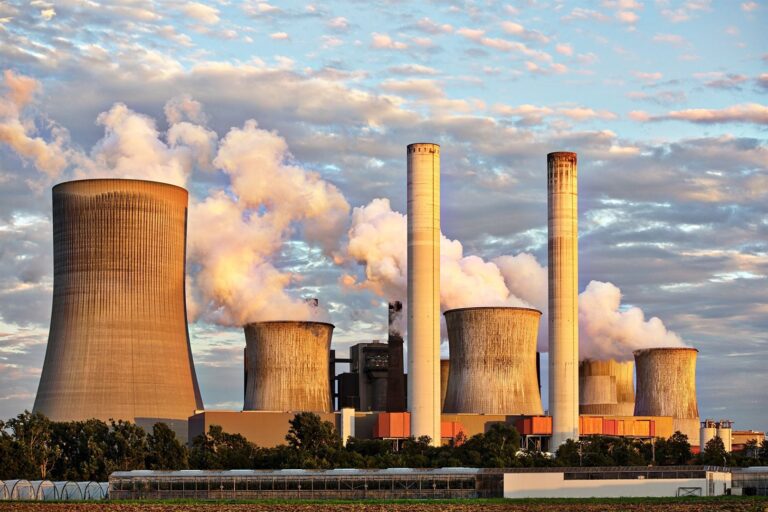 Maracaibo Lake situated in Estado Zulia Venezuela image by The Photographer
Maracaibo Lake situated in Estado Zulia Venezuela image by The PhotographerWater pollution refers to the contamination of water and water bodies by the addition of impurities. Water degradation is a consequence of water pollution.
NB: Pollution precedes Degradation, and Degradation proceeds Pollution.
Different water bodies and sources are affected by pollution such as rivers, lakes, oceans, groundwater, glaciers and rain. The contamination of water especially water bodies has resulted in water shortages and endemics such as typhoid which has claimed the lives of many especially in LEDCs.
Causes of Water Pollution & Degradation (Inexhaustive)
Referring to the differences of pollution and degradation, the following causes water pollution and therefore water degradation.
- Industrial waste such as mining residues, lead, mercury and toxic gases such as carbon and sulphur dioxide
- Oil spills, for example Niger Delta, Nigeria
- Excessive use of Fertilisers, pesticides and herbicides
- Acid rain (human induced)
- Stream bank Cultivation
- Sewage bursts
- Domestic waste, for example plastics, bottles and diapers
- Improper squatting
- Religious practices
- Washing and bathing in water bodies
Natural causes
- Pyroclastic debris from volcanoes
- Mass movements such as mudflows
Causes of Water degradation
The following causes degrades water quantity and or quality without any prior pollutive activities.
- Uncontrolled and unchecked utilisation of Wells and Boreholes
- Excessive use of irrigation
- Leaving taps unclosed
Effects of both Water Pollution and Degradation
Water pollution and degradation has adverse and diverse effects on both humans and the environment. The result of pollution in or on water leads to a degraded water source.
Endemics
The major effect of water pollution is on human health. Industrial waste usually contain noxious elements and chemicals such as benzene, lead and mercury. These elements can cause chronic diseases such as live cancer, heart failures and birth defects when consumed. In addition to harmful elements, endemics such as typhoid and cholera are very much prevalent. These are caused by bacteria in water usually originating from domestic waste such as sewage, diapers. Improper squatting also contributes to cholera and typhoid
Extinction of Aquatic lifeforms
Biodegradable waste such as faeces encourage the growth of algae. The algae consumes excess oxygen when they decompose (die) which deprives other organisms of oxygen. This process is known as eutrophication. In addition, toxic substances can kill lifeforms such as fish and when these fish are consumed, they may cause health problems and or even death.
Flooding
Polluted rivers especially with silt from mines and agriculture and domestic waste such as plastics are very prone to flooding. The flood water may re-enter rivers or other water bodies with harmful substances further contaminating them.
Impact on food production
Acidic water may leach downward which in turn acidify soils. These acidic soils are poor for agriculture and hence result in poor yields.
Water depletion
The amount of pollutants in rivers and several water bodies is increasing yearly especially in New Industrialising Countries despite some measures put in place. As a result, water supply is bound to be insufficient for the majority of people. In addition, uncontrolled river, lakes well and borehole extractions also depletes water supply. These effects hamper food production leading to famines.
Prevention and Mitigation of Water Pollution & Degradation
- Fining industries and citizens on poor land practices
- Substituting diesel & petrol vehicles with clean electric vehicles (expensive)
- Avoiding excessive fertiliser and pesticide usage.
- Recycling non-biodegradable materials such as plastics and diapers
- Avoid littering and spitting anywhere.
- Avoid improper disposal of chemical objects such as batteries
- Repairing damaged sewer, oil and chemical pipes
- Avoiding excess irrigation as it can lead to water logging or salinity which can result in acidic soils which again washes away into rivers. Excessive irrigation also degrades water quantity.
- Avoiding stream bank cultivation as it can results in land subsidence and mostly chokes rivers with silt.
- Avoiding over-utilisation of water.
Further reading: 10 Most polluted rivers in the world
